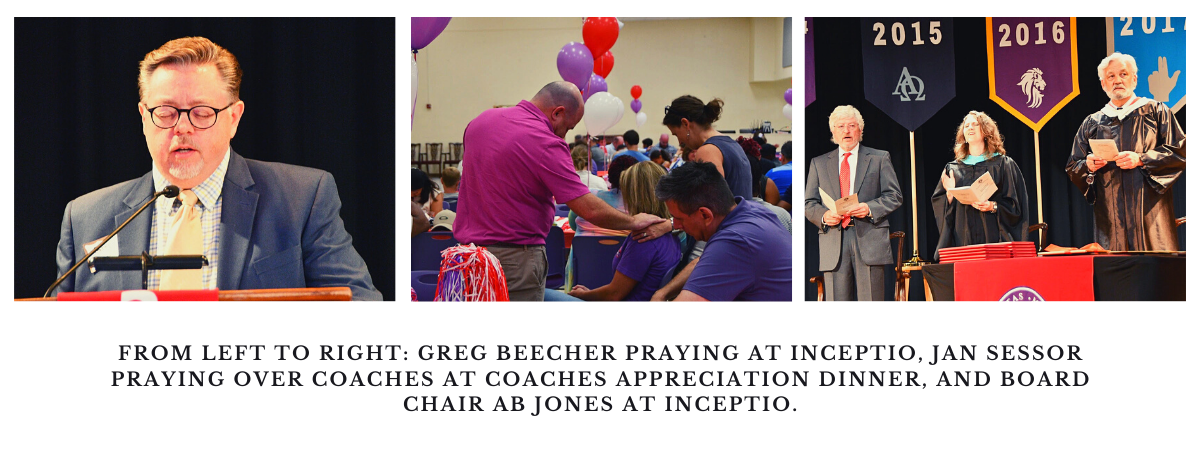-4.png)
In this blog post, we explore why Faith Christian School is governed by a Board of Directors and its main responsibilities.
Why does Faith Christian School have a Board of Directors and what purpose does it serve?
Faith Christian School was founded as a school to be governed by a Board of Directors. This governing authority was granted in the By-Laws adopted by the founders in October 1996. By definition, By-Laws are “a rule adopted by an organization for governing its members and regulating its affairs.” The Faith Christian School By-Laws define, among other duties, the general responsibilities, accountabilities, and limits of the Board, the Head of School, and the parents (the Faith Christian School Association).
As most would expect when the term “Board of Directors” is mentioned, there is a fiduciary responsibility involved. In that regard, the FCS Board is no different from other Boards in that the By-Laws assign the FCS Board those responsibilities. However, before our fiduciary duties and unlike a typical Board, the first duty of the FCS Board is to “oversee the spiritual tone for the Corporation. Board members shall individually and corporately pray for the administration, faculty, staff, parents, and children of the School. Members will be inclined to prayer, ever mindful of their own dependence upon God for His grace and wisdom manifest in their leadership” (Article VII, Section 1, Paragraph A of the FCS By-Laws). Thus, prior to any of the governing or fiduciary duties expected of a board, the FCS Board’s primary responsibility is to yield its authority to the leadership of our Lord Jesus Christ.
The By-Laws further state, “The primary function of the Board is to set school policy; not to administer the Corporation. The daily administration is the work of the Head of School (“HOS”). The Board's policies set the boundaries within which the Head of School administers the Corporation.” The By-Laws grant authority to the Board only as a convened body; outside of a Board meeting, individual Board members have no authority. And, the Board has a single employee and that is the Head of School.
Also in the By-Laws, in Article III Philosophy of Education, the second paragraph states, “Faith Christian School is established to provide a challenging education that is based on Biblical truths. In honoring God's word to do everything to God's glory, we strive to make our program of the highest academic, spiritual, and moral quality to assist parents in their God-given duty of rearing their children.” The Founders specified a rigorous education that was unapologetically Christian. Each Board, from our founding through today. has worked to maintain and achieve these goals.
All the references to the By-Laws may seem redundant, but the By-Laws define the path that the school founders envisioned, and the By-Laws provide guardrails for the whole FCS community as we daily travel that path. Popular culture has always challenged truth and tried to make right out of wrong. Three thousand years ago, King Solomon said, “What has been will be again, what has been done will be done again; there is nothing new under the sun” (Ecclesiastes 1:9). Modern cultural thought, while it is shocking, is not new or modern; it is the repackaged schemes of Satan to obscure the path and break down the guardrails. Our By-Laws, however, contain the FCS Statement of Faith (Article II), which begins, “We believe that the Bible is the Word of God, verbally inspired by God the Holy Spirit,1 inerrant in the original writings,2 the supreme and final authority in faith and practice.3” Ultimately, the Board is responsible for upholding the By-Laws which at Faith Christian School means abiding in the truth as old as the universe.
To God be the glory!
1 II Samuel 23:2; II Peter 1:21.
2 Matthew 5:18; Luke 24:44.
3 II Timothy 3:16; John 12:48.



-1.png?width=296&height=50&name=Back%20To%20All%20Stories%20(1)-1.png)